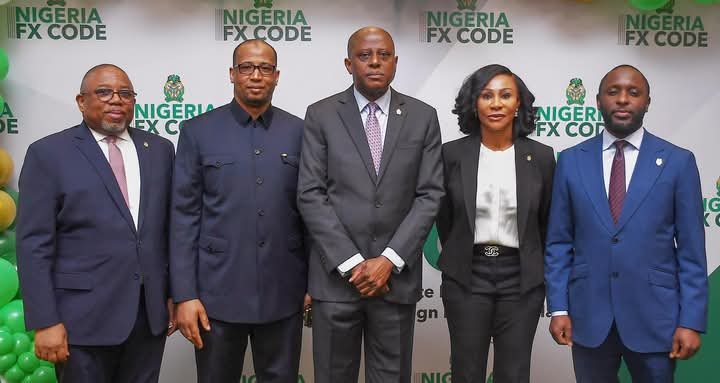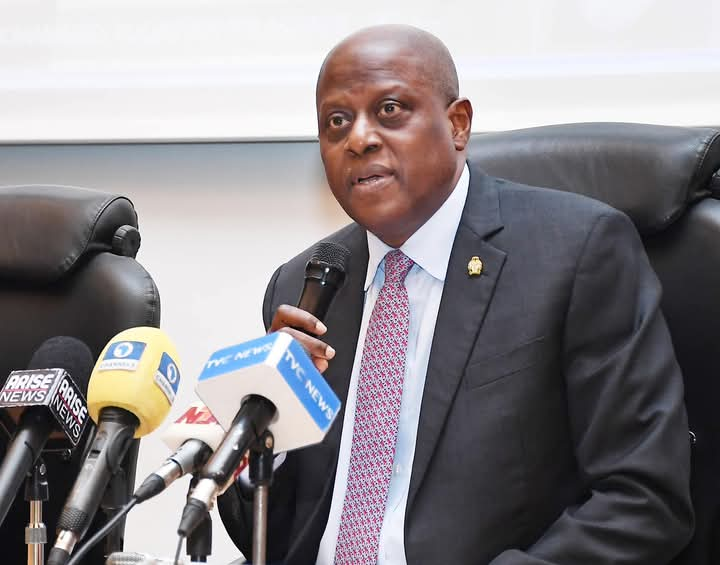Florence Sadiku
THE Governor of the Central Bank of Nigeria (CBN), Mr. Olayemi Cardoso, has launched the Nigeria Foreign Exchange Code (FX Code), emphasising integrity, fairness, transparency, and efficiency as critical pillars for driving Nigeria’s economic growth and stability.
The FX Code is built on six core principles: ethics, governance, execution, information sharing, risk management and compliance, as well as confirmation and settlement processes. These principles align with international standards while addressing the unique challenges within Nigeria’s foreign exchange market.
According to Cardoso, “The FX Code represents a decisive step forward, setting clear and enforceable standards for ethical conduct, transparency, and good governance in our foreign exchange market. The era of opaque practices is over. The FX Code marks a new era of compliance and accountability. Under the CBN Act 2007 and BOFIA Act 2020, violations will be met with penalties and administrative actions.”
Governor Cardoso also noted that the journey towards market reform is already yielding results. He stated, “The year 2024 was marked by structural reforms that sought to return the naira to a freely determined market price and ease volatility as several distortions were removed from the market.”
Beyond the foreign exchange market, the FX Code forms part of the CBN’s renewed focus on compliance across the financial sector. Its six guiding principles, alongside 52 sub-principles, are designed to become the benchmark for conduct across all participating institutions.
Commending the launch, key stakeholders, including bank chiefs and financial market leaders, pledged their commitment to the FX Code. The event culminated in the formal signing by participating banks, symbolising a unified effort to promote transparency and trust. This collective commitment marks a significant step toward building a more accountable and robust financial future.
Eighteen-Eleven Media


